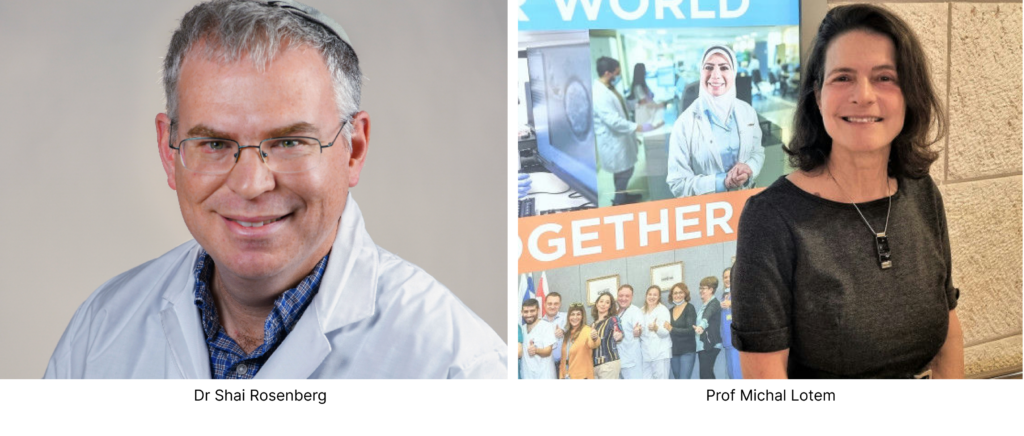
An AI Model developed by Hadassah Cancer Research Institute (HCRI), the translational oncology research arm for Hadassah Medical Organization, has made a significant breakthrough in personalised cancer care with the development of a neural embedding model. The new model, called MESiCA (Mutational Embeddings for Signatures Identification in Clinical Assays), announced in Cell Reports Medicine, can detect dominant mutational signatures using only a few mutations and is poised to revolutionise personalised cancer care.
“MESiCA represents a major leap forward in personalized medicine,” said Prof Michal Lotem, head of HCRI. “This innovative model offers a practical tool for oncologists, enabling them to make more informed decisions, ultimately leading to improved patient outcomes.”
“Current methods rely on targeted gene panel testing, which only analyses a small portion of the genome,” said Prof Aron Popovtzer, head of Hadassah’s Sharett Institute of Oncology, which collaborates with HCRI. “This limitation has hindered our ability to detect mutational signatures and apply this information to personalise treatment plans.”
In the words of Dr Shai Rosenberg, Senior Neuro-Oncologist, head of Hadassah’s Laboratory for Cancer Computational Biology, and the study’s principal investigator, “the game-changing MESiCA has been validated in over 60,000 cancer samples, revealing crucial signatures linked to better survival rates and treatment responses.”
Dr Adar Yaacov, the study’s lead author adds: “By enabling the detection of these signatures in routine tests, MESiCA empowers clinicians to prescribe more accurate personalised treatment plans, ultimately improving patient outcomes.”
With MESiCA, the Hadassah Cancer Research Institute continues to demonstrate its commitment to developing innovative solutions to combat cancer. Working with Hadassah’s Sharett Institute of Oncology, HCRI focuses on several pivotal domains of research, including immuno-oncology, cancer epigenetics, early cancer detection, cell therapy, bioinformatics, precision radiotherapy, and a comprehensive biobank. From initial conceptualisation to computational analysis, clinical trials, and direct patient care, HCRI has one objective: to develop next-generation treatments to cure cancer.

